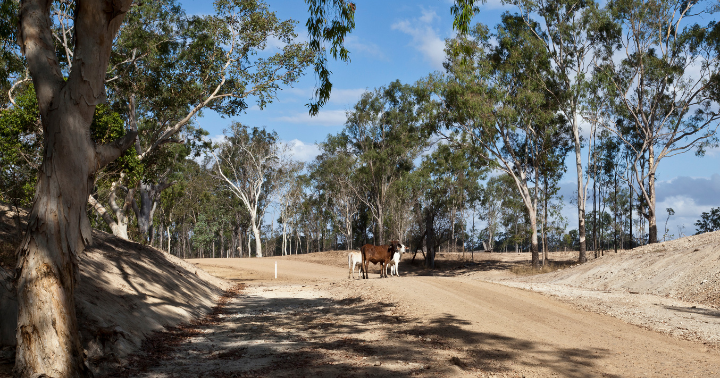
Defamation in a Digital Age
“Words are free. It’s how you use them that may cost you.”
The monetization of digital social platforms like Facebook, Twitter, TripAdvisor, True Local or other referrer platforms, means that a few ill-chosen online comments can now have global reach and permanent consequences.
Opinions and views (informed or ludicrous) are freely published, and such words can significantly harm a person – be it reputational or financial. This is easiest to see in the growing industry of ‘influencers’, where the individual’s reputation is intricately linked to their financial worth.
In Queensland, if you are on the receiving end of false and damaging statements (known as Publications), you may have the right to commence proceedings for defamation even if the publication was physically made outside of Queensland.
Defamation
Defamation occurs when a false statement is published which harms your reputation. Defamation on social media has become a regular occurrence and a growing problem, resulting in recent legislative changes.
On 1 July 2021, the Defamation (Model Provisions) and Other Legislative Amendment Act 2021 (Qld) came into force and amended the Defamation Act 2005 (Qld). One of the most significant changes is the introduction of section 10A which requires that an individual has no cause of action for defamation unless the individual proves that the publication has caused, or is likely to cause, serious harm to the reputation of the individual.
For ‘excluded corporations’, which are businesses with 9 or less staff, it must prove the publication has caused, or is likely to cause, serious harm to the reputation of the business, and serious financial loss.
The new result is that minor or trivial reputational harm alleged to be caused by a defamatory publication will no longer give rise to a cause of action in defamation.
It is possible to extend a finding of defamation beyond the original publisher. This means that if another person shares or tags the original post, or adds comments to the post, or even ‘likes’ it or responds with an emoji (such as an angry or laughing face), each action can constitute a separate publication and can see each person liable for defamation.
Time Limits
In Queensland there is a limitation period of 12 months from the date of publication and any court action must be commenced within those 12 months, otherwise the claim is statute barred.
10 or More Staff
Businesses with 10 or more staff cannot file a claim for defamation and are required to make a claim for ‘injurious falsehood’.
To be successful in an injurious falsehood claim:
- actual measurable financial loss attributable to the publications, is required; and
- the motive of malice to harm your businesses’ reputation by the publishing party, must be proved.
Don't Panic
If you or your business has been the target of defamatory comments, we recommend that you make a printed copy of the publication and make a note of the date and time of the online post. You may also wish to do a search of several platforms to see if the comments were limited to one online platform or several and monitor these for several days.
You can reach out directly to the host of the platform for assistance, but generally limited assistance will be provided.
The Defence of Contextual Truth is a complete defence to a claim of defamation, so ensure that you undertake appropriate investigations as to the accuracy or falsity of the Publications as soon as you become aware of the publication. Keep notes regarding your investigative process and conclusions. You may also need to speak with your financial advisor to assess sustained financial losses.
If the post is not removed within several days, please contact us promptly to obtain legal advice as the sooner you act, the better the available outcomes.
If there is sufficient harm warranting progressing the matter, then a Concerns Notice under section 12B of the Act will need to be issued before any court proceedings can commence. This is a new requirement of the recent amendments.
As at the date of this article, section 35 of the Act limits damages for non-economic loss to a maximum of $250,000.00 which is to be awarded only in the most serious of cases. Exemplary or punitive damages cannot be awarded but any awarded damages are to bear a rational relationship to the harm caused.
Do you need professional advice in relation to defamation? Enterprise Legal can work collaboratively with your financial and marketing advisors to assist to limit the damage caused whilst also ensuring your legal rights and interests are protected. Contact EL's Principal Legal Advisor - Disputes, Kirsten Woolston to discuss your options:









